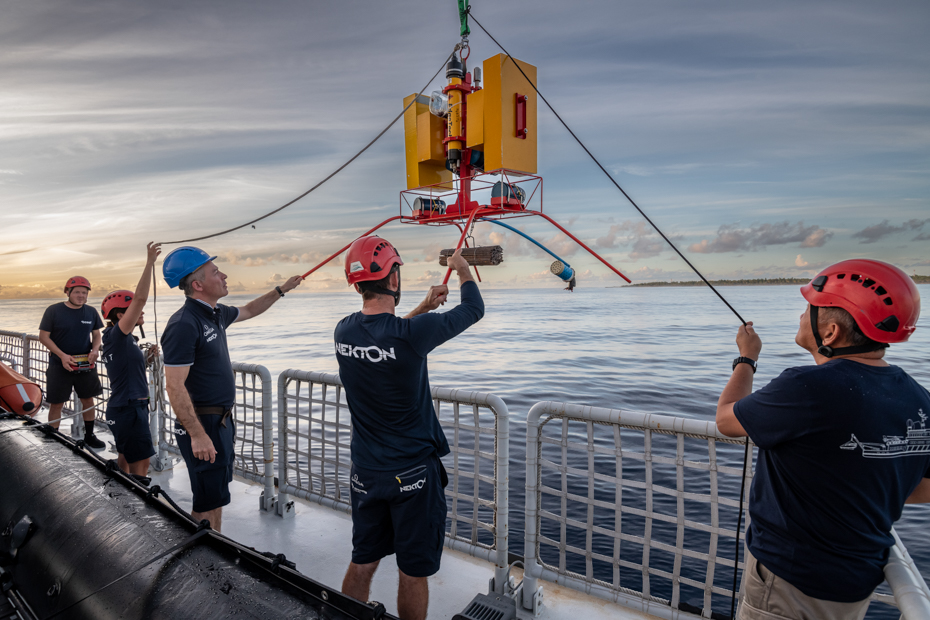Discover Ocean Census
‘The largest programme of oceanic scientific exploration in history’ offers a new horizon for impactful contribution from the superyacht sector…
An unparalleled initiative to explore and catalogue the biodiversity of Earth’s oceans has been announced on 27 April, 2023. Dubbed Ocean Census, this ambitious project aims to identify at least 100,000 new marine species within the first decade. Crucially for the superyacht industry, this ambitious project offers myriad possibilities for impactful contributions to groundbreaking research.
Scientists estimate that merely 10 per cent of marine life has been discovered, leaving around two million species yet to be identified. Ocean Census is a global collaborative effort, an open network of science, business, media and civil society organisations joining forces. The Ocean Census has been launched by The Nippon Foundation, Japan’s largest non-profit foundation focusing on philanthropy through social innovation; and Nekton, a UK-based marine science and conservation institute, headquartered in Oxford, UK, founded the project.
With the right level of organisation and planning, the global fleet of privately owned yachts has the collective capacity to make an immense contribution to ocean science and to the Ocean Census. Connecting capable superyachts with scientists to conduct this research is the mission objective of the team at Yachts for Science.
“The yacht fleet is owned and operated by people who have a deep affinity with the ocean,” says Rob McCallum, founder of EYOS Expeditions, Nekton trustee and founding member of Yachts for Science. “The superyacht community wants to support ocean causes, but often they don't really know how to do it, and the science community are desperate for some time at sea for science.” Now, with the launch of Ocean Census, the scope of projects and potential on-ramps for the wider superyacht fleet to actively contribute is significantly wider.
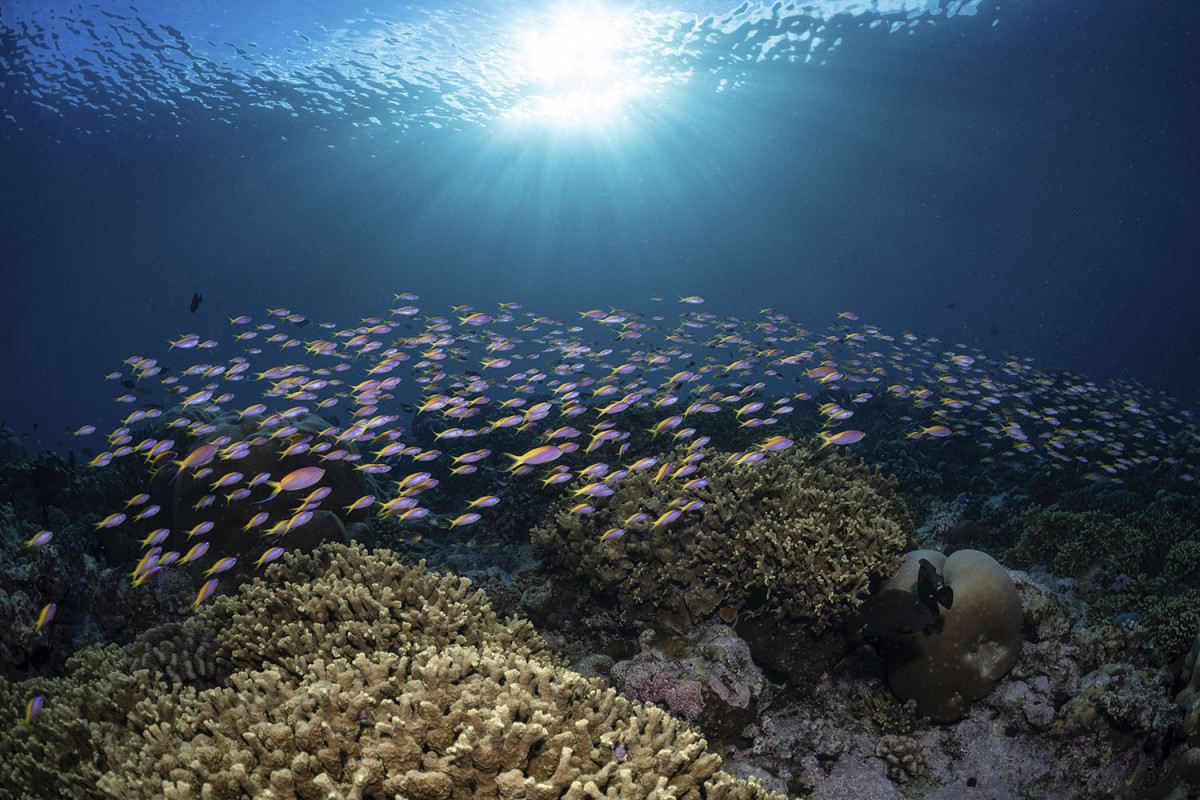
"The beauty and diversity of marine life in the ocean is still beyond human comprehension, but as we explore and uncover what lies beneath the sea surface, we are constantly awed and delighted by new lifeforms,” says Dr Jyotika Virmani, executive director of Schmidt Ocean Institute, one of the leading partners of Ocean Census. “Schmidt Ocean Institute is proud to be partnering with Ocean Census to accelerate our understanding of the incredible creatures that inhabit our marine world.”
Species discovered on expeditions will be sent for high-resolution imaging and DNA sequencing in a network of Ocean Census Biodiversity Centres to be established in high, middle and low-income nations around the world. Networks of taxonomists will connect virtually to draw on what Professor Rogers and his scientific team call ‘digital life forms’ to complete species descriptions.
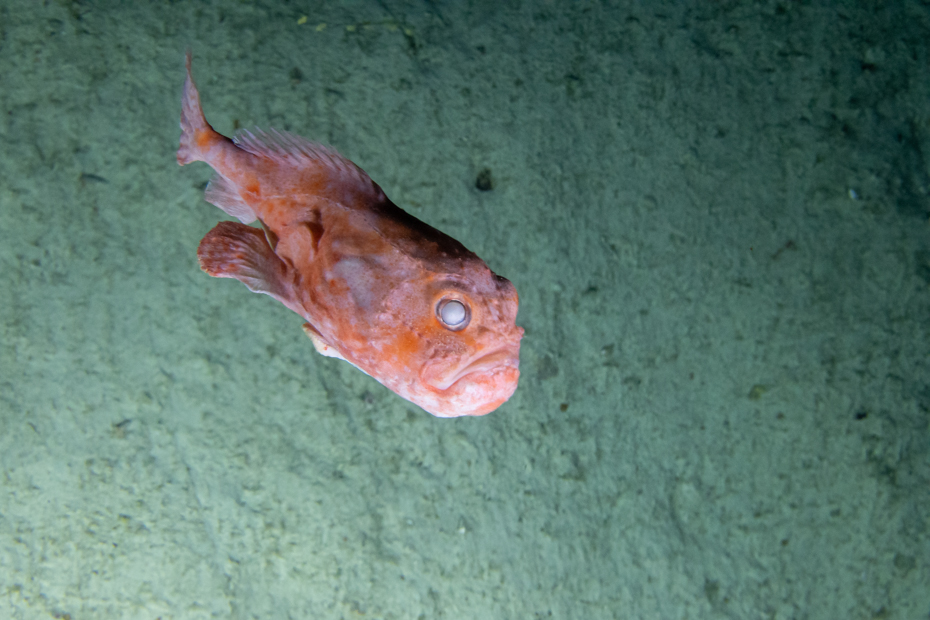
“This new foundation of knowledge can help advance our understanding of fundamental science – oxygen production, carbon cycling, sustainable food production, the evolution of life on Earth and even discoveries of new medicine and biotechnologies,” explains Mitsuyuki Unno, executive director of The Nippon Foundation. “Through advancing our understanding of the abundance, diversity and distribution of life in our ocean, we hope Ocean Census will catalyse global efforts to conserve our ocean.”
“We have a short window of opportunity, perhaps the next ten years, when the decisions we all make will likely affect the next thousand or even ten thousand years,” explains Oliver Steeds, Ocean Census director, chief executive of Nekton. “Some people are saying ‘it’s time to go big or go home’. We’ve chosen to go big, and we hope the giant leaps in knowledge we can make with the discovery of ocean life can help put us on a better track towards a positive future for people and the planet.”
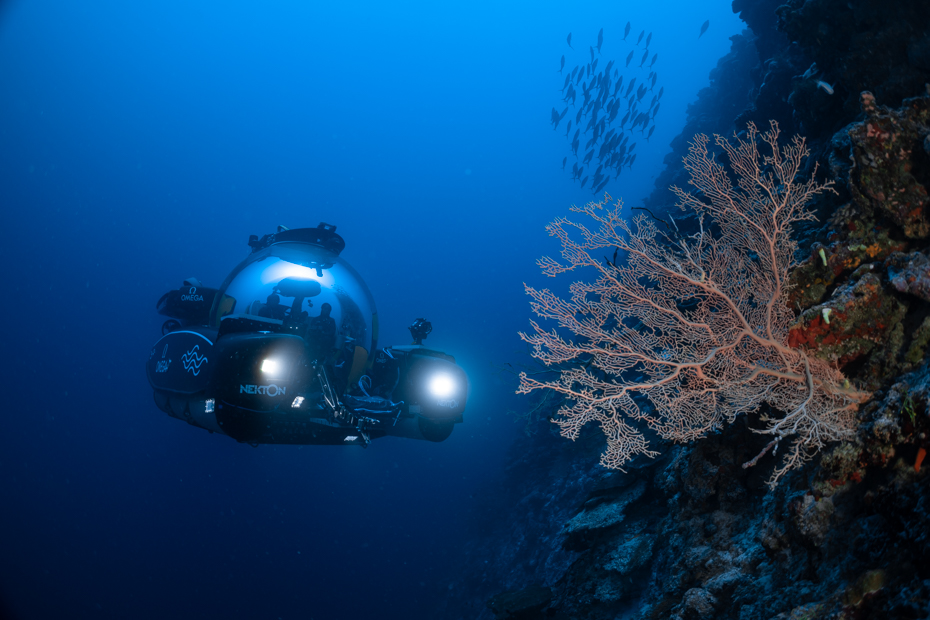
Traditional taxonomy (the practice and science of categorisation or classification of organisms) has been a slow, methodical process for the past 200 years. The average rate of new species discovery, around 2,000 a year, has remained largely unchanged since the 1800s. However, revolutions in digital imaging, sequencing and machine learning now make it possible to discover ocean life rapidly and at scale, explained Professor Alex Rogers, Ocean Census science director.
Over the coming years, Ocean Census aims to help scientists worldwide conduct expeditions to the ocean’s biodiversity hotspots, deploying a combination of advanced subsea technologies, divers, submarines and deep-sea robots. The aggregated, open-sourced data will be added to a network of data centres globally and made freely accessible to scientists, decision-makers and the public. This new foundation of knowledge can advance our understanding of various aspects of science, including oxygen production, carbon cycling, sustainable food production and the evolution of life on Earth.
Ocean Census is particularly timely, as the 2022 Montreal Biodiversity Conference decided to protect 30 per cent of our planet for the conservation of life by 2030. The information provided by Ocean Census will ensure that protected areas are optimally positioned to protect biodiversity. The UN Biodiversity Beyond National Jurisdiction treaty, agreed in March 2023, provides a legal framework to establish protected areas in the high seas.
The urgency of action to understand the ocean and its potential responses to climate change, as well as its potential to mitigate emissions and adaptation through nature-based solutions, has been highlighted by the lack of progress on global warming detailed in the IPCC 2023 Climate Report.
Image credit: Associated Press & Nekton
Profile links
NEW: Sign up for SuperyachtNewsweek!
Get the latest weekly news, in-depth reports, intelligence, and strategic insights, delivered directly from The Superyacht Group's editors and market analysts.
Stay at the forefront of the superyacht industry with SuperyachtNewsweek
Click here to become part of The Superyacht Group community, and join us in our mission to make this industry accessible to all, and prosperous for the long-term. We are offering access to the superyacht industry’s most comprehensive and longstanding archive of business-critical information, as well as a comprehensive, real-time superyacht fleet database, for just £10 per month, because we are One Industry with One Mission. Sign up here.
Related news
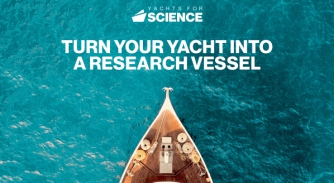
Urgent call for yacht support
Yachts For Science is seeking a replacement vessel for a shark tagging mission in Tunisia
Crew
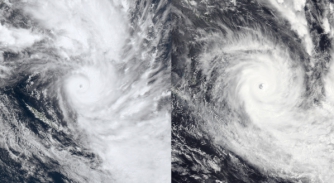
YachtAid Global launches Operation Nasama
In response to a series of natural disasters that have rocked the region, YachtAid Global calls for more assistance in Vanuatu
Crew
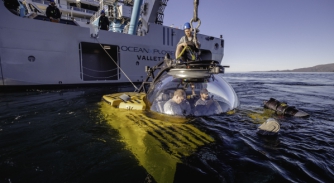
Triton announces high profile investments
Triton Submarines announces that Bridgewater Associates Founder Ray Dalio and explorer and filmmaker James Cameron are joining the company
Business
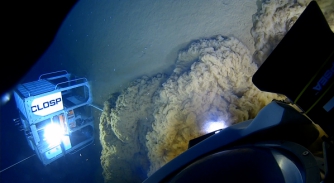
The Ring of Fire Expedition reaches new depths
Caladan Oceanic completes the first ever human descents of the Yap and Palau trenches
Owner
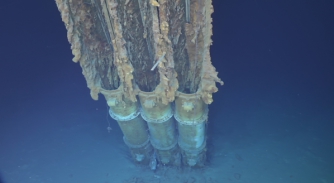
Another milestone for private scientific exploration
Caladan Oceanic and EYOS Expeditions discover the USS Samuel B. Roberts, the world’s deepest shipwreck
Owner
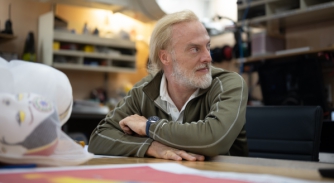
Victor Vescovo - exclusive interview
Where to next for the most capable private deep-sea exploration vessel on earth, and its intrepid owner
Owner
Related news
Urgent call for yacht support
2 years ago
YachtAid Global launches Operation Nasama
2 years ago
Triton announces high profile investments
2 years ago
The Ring of Fire Expedition reaches new depths
3 years ago
Victor Vescovo - exclusive interview
3 years ago
NEW: Sign up for
SuperyachtNewsweek!
Get the latest weekly news, in-depth reports, intelligence, and strategic insights, delivered directly from The Superyacht Group's editors and market analysts.
Stay at the forefront of the superyacht industry with SuperyachtNewsweek


